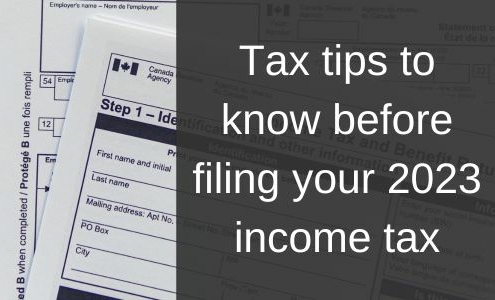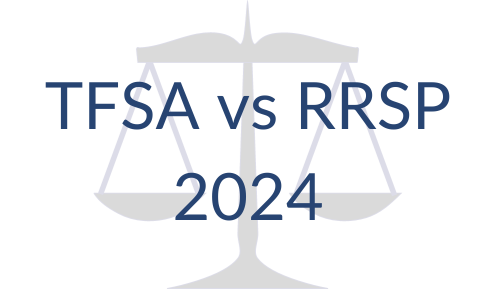
TFSA vs RRSP – 2024
When looking to save money in a tax-efficient manner, Tax-Free Savings Accounts (TFSA) and Registered Retirement Savings Plans (RRSP) can offer significant tax benefits. The main difference between the two is that TFSAs are ideal for short-term goals, such as saving for a down payment on a house or a vacation, as its growth is entirely tax-free, while RRSPs are more suitable for long-term goals such as retirement. When comparing deposit differences, TFSAs have a limit of $7,000 for the current year, while RRSPs have a limit of 18% of your pre-tax income from the previous year, with a maximum limit of $31,560. In terms of withdrawals, TFSAs have no conversion requirements and withdrawals are tax-free, while RRSPs must be converted to a Registered Retirement Income Fund (RRIF) at age 71 and withdrawals are taxed as income.
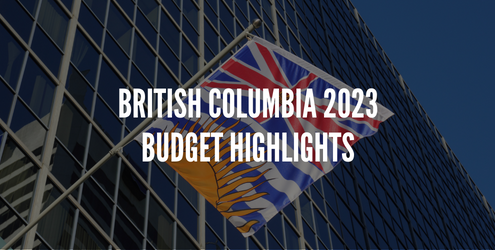
British Columbia 2023 Budget Highlights
On February 28, 2023, the B.C. Minister of Finance announced the 2023 budget. We have highlighted the most important financial measures you need to know:
• Tax credit changes.
• Increases to the B.C Family Benefit.
• Carbon tax changes.
• Other important tax changes.
• Healthcare and housing spending.
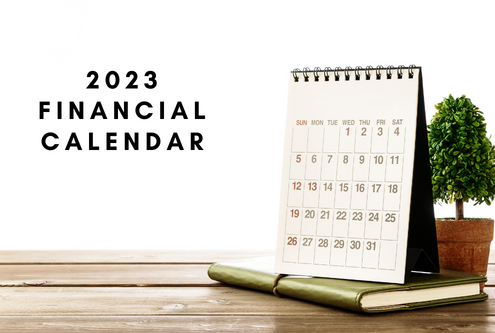
2023 Financial Calendar
Welcome to our 2023 financial calendar! This calendar is designed to help you keep track of important financial dates and deadlines, such as tax filing and government benefit distribution. You can bookmark this page for easy reference or add these dates to your personal calendar to ensure you don't miss any important financial obligations.
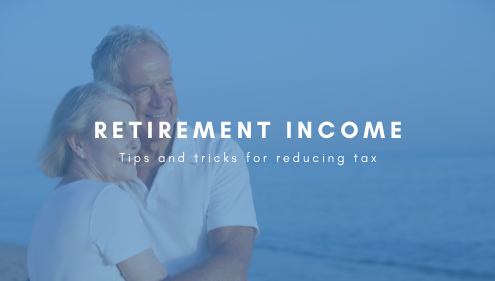
Essential tips and tricks for paying less tax and keeping more of your retirement income
It’s important to make the most of your retirement income. To do so, you need to be aware of what income is and isn’t taxable, and also how to make the most of the tax breaks you’re entitled to. This article outlines the four main steps you need to take to ensure you keep as much of your retirement income as possible:
1. Make a financial plan.
2. Split your pension income.
3. Buy an annuity.
4. Be aware of retirement-related tax breaks.
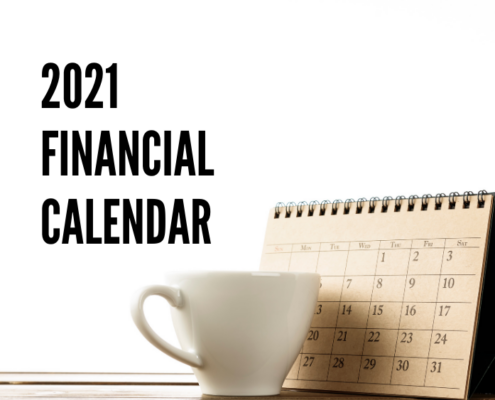
2021 Financial Calendar
We’ve put together a financial calendar for 2021. It contains all the dates you need to know to make the most of your government benefits and investment options. Whether you want to bookmark this or print it out and post it somewhere prominent, you’ll have everything you need to know in one place!

